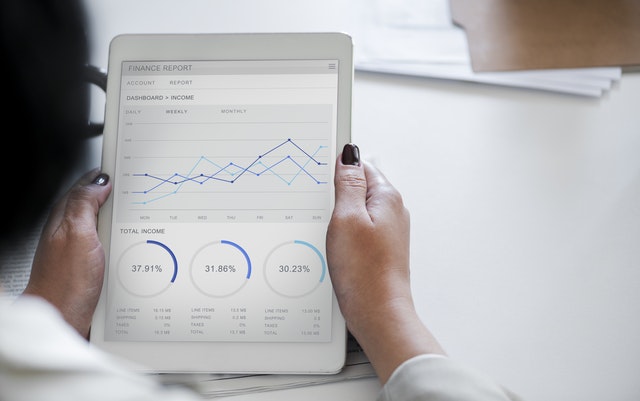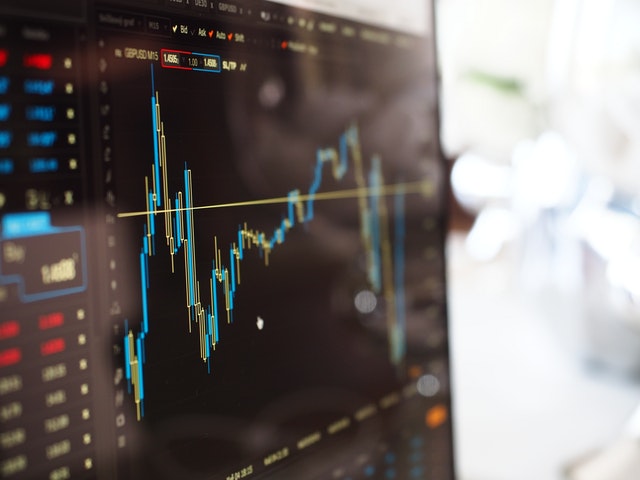Political concerns and red tape are making Chinese traders cold, together with hardly one-third of Chinese businesses declaring they experience desired committing in Australia.
Right after controversial foreign disturbance laws eliminated Federal Parliament a week ago, a record displays the result of political mistrust on investor assurance.
The particular Demystifying Chinese Investment in Australia record by KPMG and the University of Sydney evaluated this past year’s investment developments.
Among its important results was that accusations regarding Chinese effect in Australian politics get created Chinese traders experience uncomfortable and cautious of probable effects on approvals.

Over 2/3 of Chinese corporation professionals surveyed said latest political debate in Australia had cause them really feel a lot more careful regarding investing.
A equivalent amount stated they thought the Federal Government had turn out to be much less encouraging of Chinese investment.
Only 35 percent of professionals said they believed welcome investing in Australia — lower from fifty two percent in 2014. The discussion concerning foreign impact — together with an at-times unspoken focus upon China — has since crystallised in to sweeping laws.
The Senate passed bills on Thursday which will strengthen espionage offences and force people acting for foreign governments or companies to declare their activities. Some offences will be punishable by up to 20 years in prison.
Attorney-General Christian Porter said the laws were an essential tool which agencies will use against those who would undermine the nation’s security and democracy.
According to the report, Chinese investment in Australia was down from $15. 4 billion in 2016 to $13. 3 billion last year, but investment in WA rose slightly from $1. 38 billion to $1. 49 thousand.

The State benefited from major investments in Talison Lithium ($320 million) and Hanking Gold Mining ($330 million).
Investment in the country’s biggest market for China, NSW, fell from $8. 06 billion to $5. 6 million.
A report released by Juwai, China’s biggest international property website, pointed to foreign buyer tax increases as another impediment to Chinese investment in Projects.
WA’s foreign buyers’ surcharge will rise from 4 % to 7 % from January 1, bringing the State into line with NSW, Victoria, South Australia and Queensland.
Foreign buyers provide for the construction of four additional homes in Australia for every single residence that they purchase, Juwai chief executive Carrie Law said.
Even so, Australian States and Territories have not succeeded to resist filling their coffers with revenue from foreign buyer stamp duties. Foreign buyers do not vote, and are a handy target for confiscatory policies.



